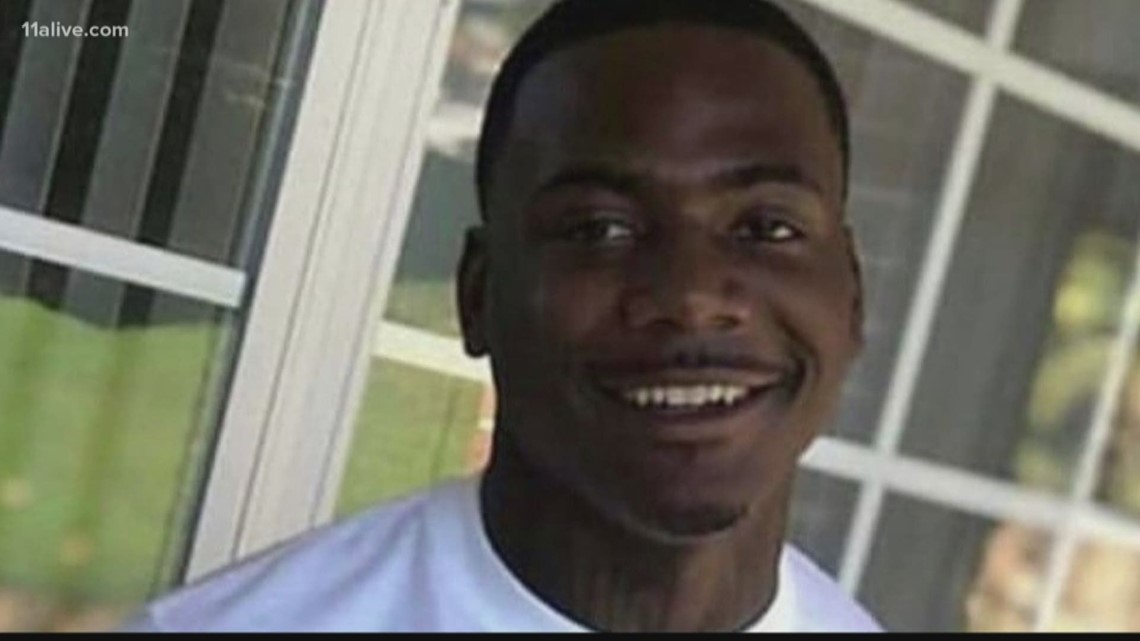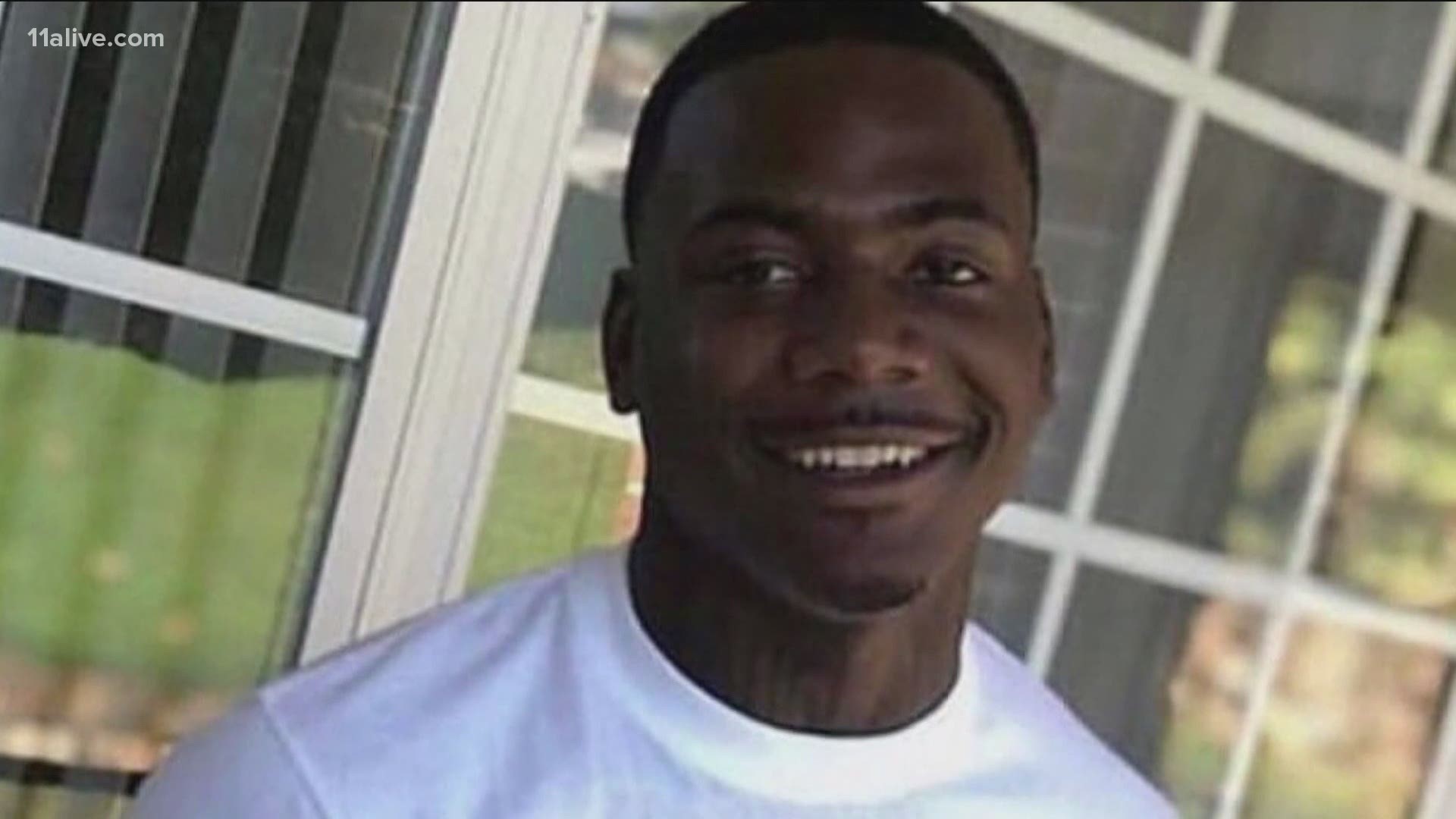ATLANTA — The family of Jimmy Atchison, an Atlanta man who was shot and killed while hiding in a closet in early 2019 by a now-ex APD officer, said Wednesday they have new evidence in his case and plan to present it to the public this weekend.
In a release, the law firm of Gerald A. Griggs, who is representing Atchison's family, said there would be a rally and march starting at 2 p.m. on Saturday in Woodruff Park in downtown Atlanta.
Atchison was 21 when he was shot and killed in January 2019 by ex-officer Sung Kim, who retired from APD later that year.
Kim has never been charged in the killing, which happened during a joint task force operation with the FBI.
Atchison was unarmed, and in October 2019 the family said they met with the Georgia Bureau of Investigation to hear the results of the GBI's investigation into the incident. They said at that time they were told Atchison was given two conflicting commands by officers in the room -- to come out with your hands up and not to move. They said he was following the command to come out when he was shot.
Kim retired from the police force that same month. Atchison's family has filed a $20 million lawsuit against the City of Atlanta and the FBI.


Fallout from Atchison's death resulted in Atlanta Police banning officers from participating in federal task forces, which do not allow the use of body cameras. The move was credited in part with an October 2020 decision by the U.S. Department of Justice to allow local police to wear body cameras in accordance with their own department policies while participating in joint task forces.
The FBI said agents were serving a warrant to an armed robbery suspect at an apartment complex in Atlanta's Adamsville neighborhood off of Martin Luther King Jr. Drive on Middleton Road.
Following the FBI's report about what happened during the incident, ex-Fulton County District Attorney Paul Howard said he was reviewing the report and deciding whether or not criminal charges would be filed in the case. The DA's office said that they were prepared to present the case to a grand jury for indictment in April, but that was delayed due to the pandemic.
Newly elected DA Fani Willis has not said how she will approach the case.
The federal civil rights lawsuit, filed in federal district court last year, names Kim, along with four other Atlanta police officers, an FBI special agent and five unnamed officers as defendants, in addition to the city of Atlanta.
The suit alleges that the officers entered the apartment of Atchison's infant son and the child's mother without a search warrant, and then pursued Atchison to another apartment, threatening the tenants with arrest if they were not allowed to enter without a search warrant.
The lawsuit says the agreement between the Atlanta Police Department and the FBI to not use body cameras provided that Atlanta officers would be governed by "the laws, regulations, policies (including use of force policies), and personnel rules applicable to APD officers and (b) that APD officers would report to APD for all administrative matters."
"Nonetheless, participation in the task force resulted in those officers' violation of Atlanta's unequivocal policy requiring them to wear body cameras, which the FBI forbade," the suit says.
According to the lawsuit, the Atlanta police investigation into Kim's actions was never completed, since he retired prior to the conclusion of the inquiry.
As a result, the suit said, "APD declined to make any finding regarding Defendant Kim's deadly use of force in killing Mr. Atchison."
However, according to the suit, the other officers mentioned in the lawsuit were cited for violations of department policy during the raid, including the failure to obtain a search warrant for the apartment where Atchison was ultimately shot and killed, the failure to file a required use-of-force report, the failure to engage SWAT in conjunction with the operation, and their intimidation of residents of the apartment complex to obtain consent to search their apartments.

